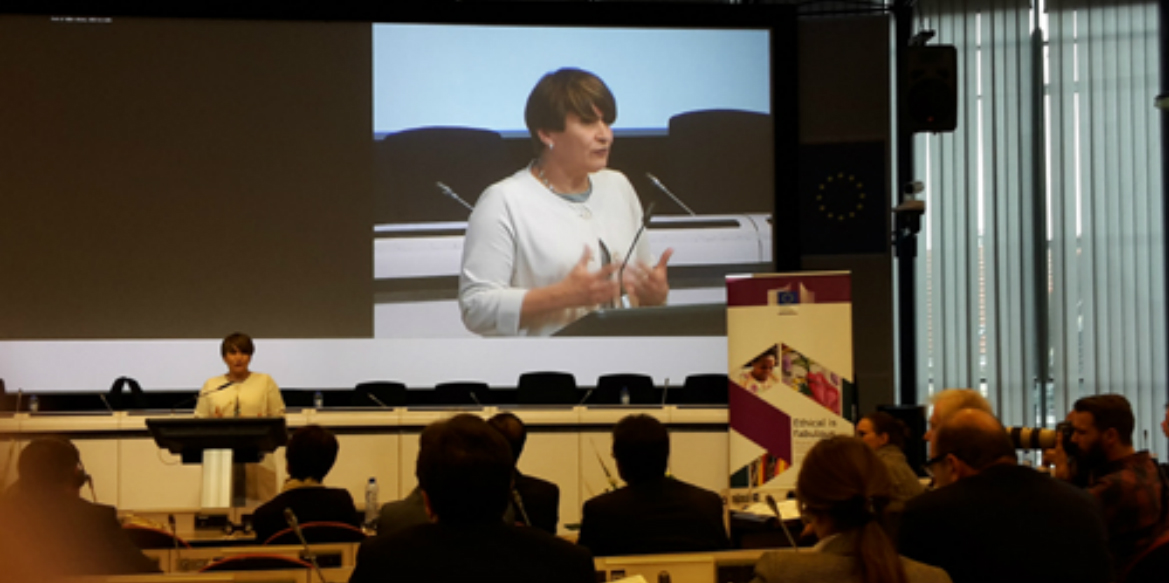Category: beleid en regelgeving
-
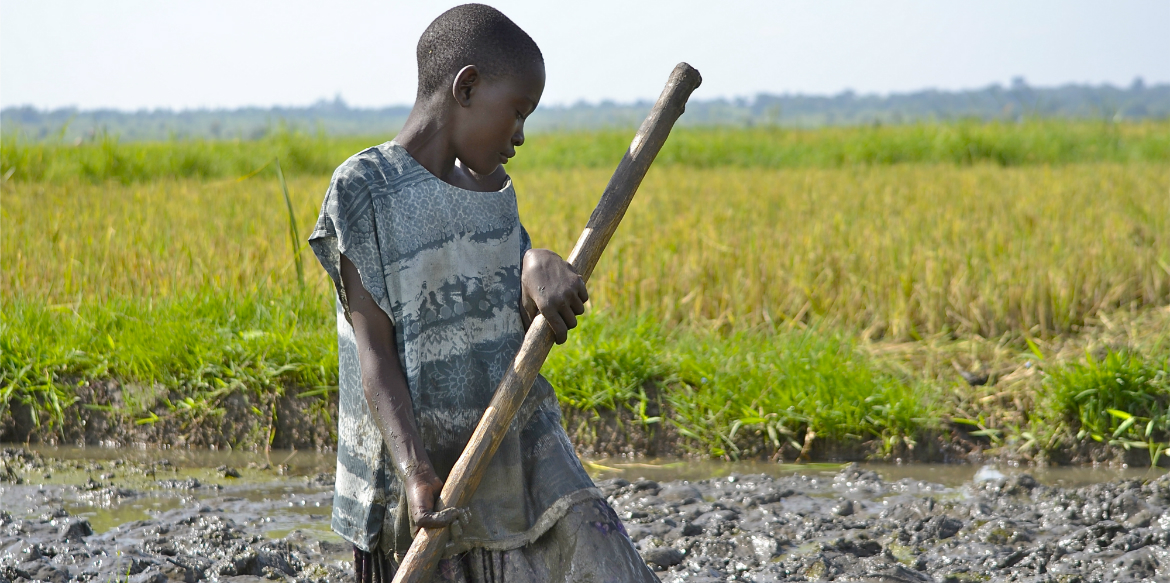
Frequently Asked Questions about the new Dutch Child Labour Due Diligence Law
In February 2017, the lower house of the Dutch Parliament adopted the “Child Labour Due Diligence Law” requiring companies to combat child labour in their supply chains.
-
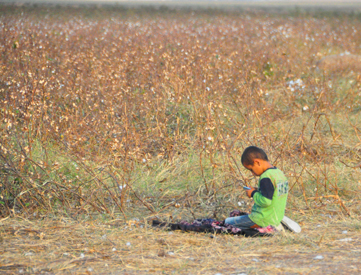
New Report Identifies Ways to Mitigate Child Labor Risks in the Turkish Cotton Sector
Companies and NGOs Cooperate to Trace Cotton Supply Chain in Run Up to New Dutch Agreement to End Child Labor in Garment Supply Chains.
-

Child Labour Due Diligence Law for companies adopted by Dutch Parliament
On February 7, 2017 the Child Labour Due Diligence Law [‘Wet Zorgplicht Kinderarbeid’], initiated by member Van Laar (Labour Party), was adopted by the Dutch Parliament, with 82 votes (of 150 MPS) in favour.
-
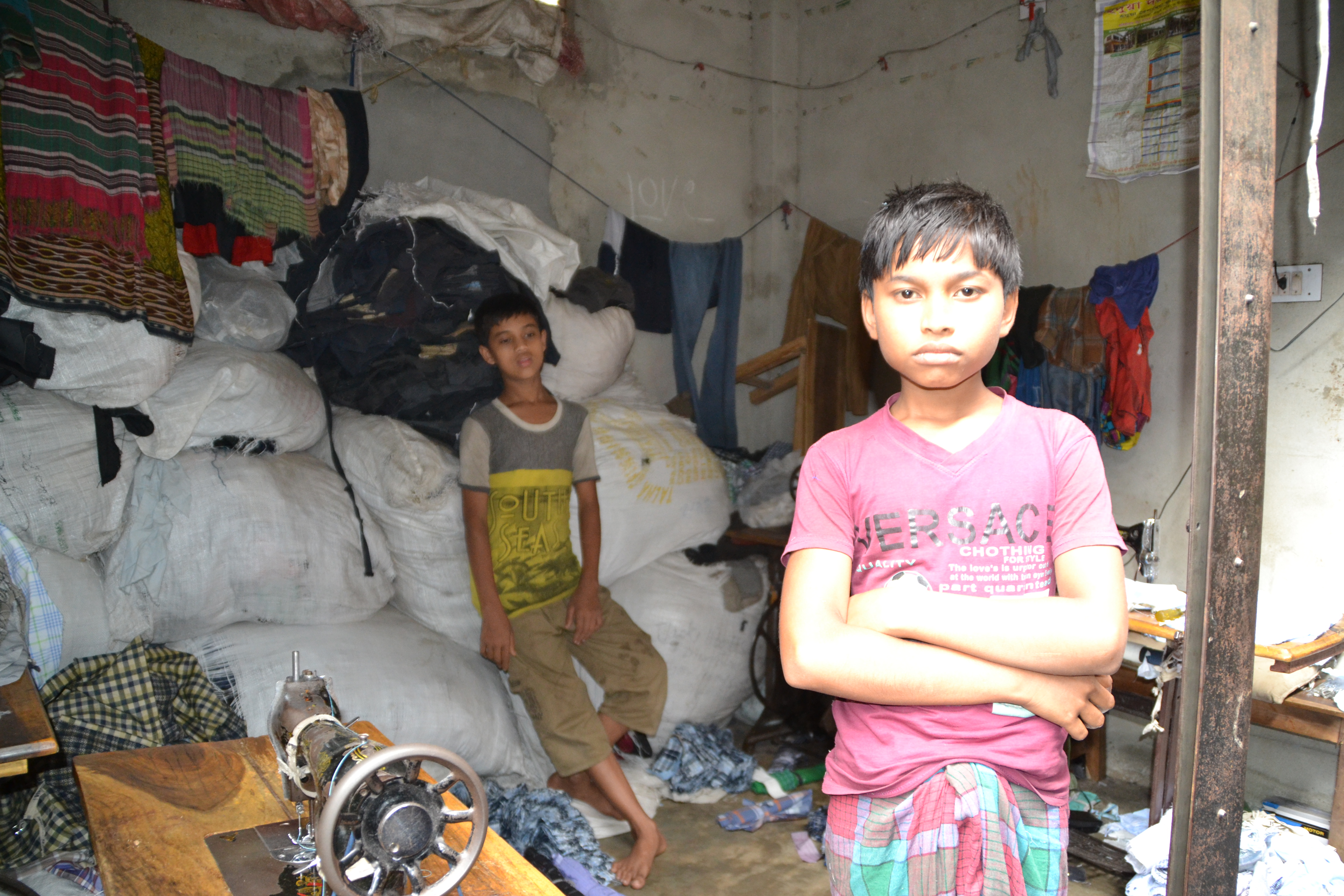
Garment brands contribute to low wages & child labour in Bangladesh
The average worker in the Bangladeshi garment industry is getting paid only one third of what is considered to be a living wage. Low wages and long working hours have been found to play a key role in parents’ decisions to take their children out of school and let them work in various jobs.
-
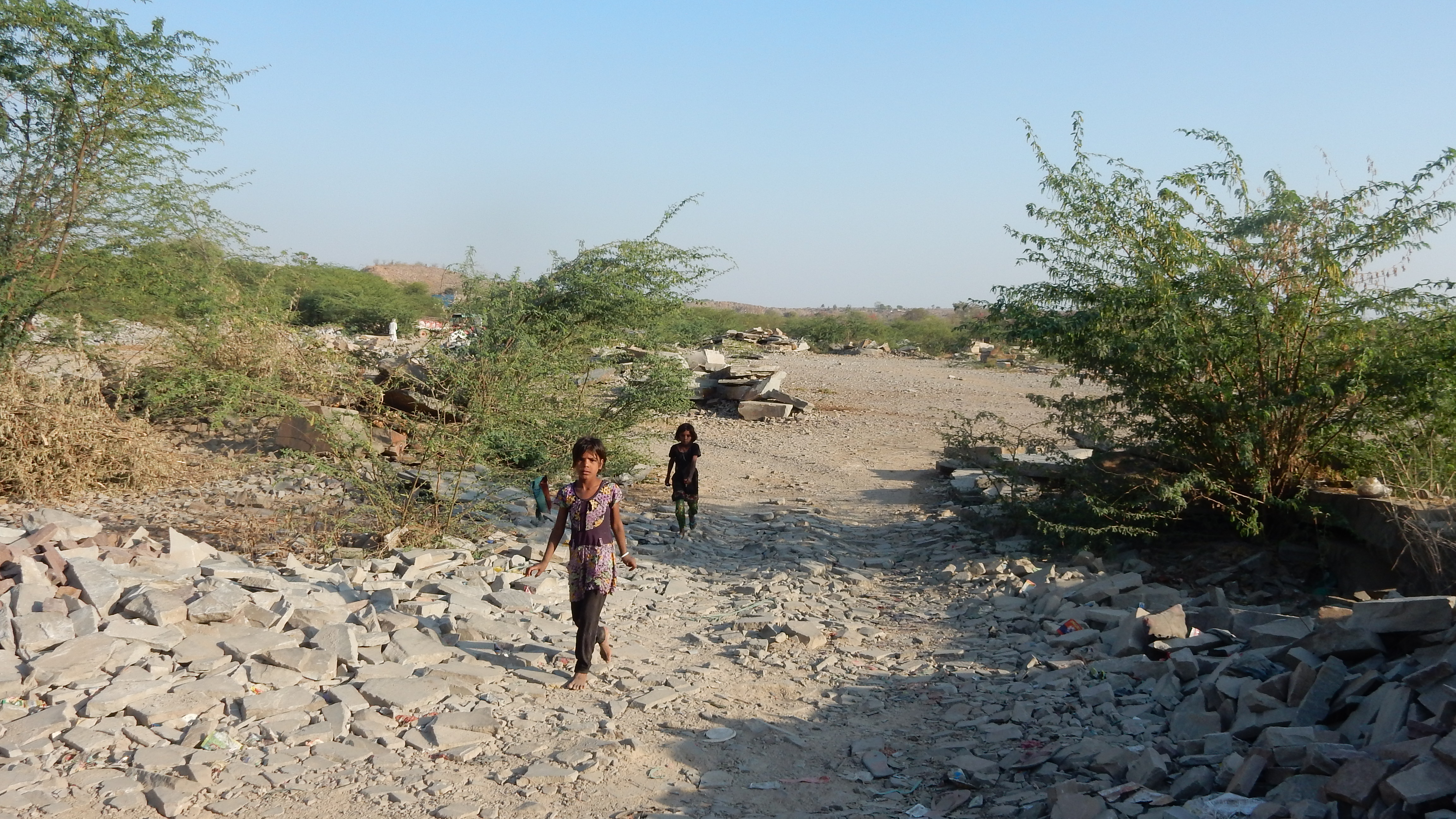
Natural stone: Public Procurement and Human Rights
Sandstone and granite are used for paving public spaces like streets and squares and for tiling walls and floors in public buildings like office blocks, train stations and airports.
-
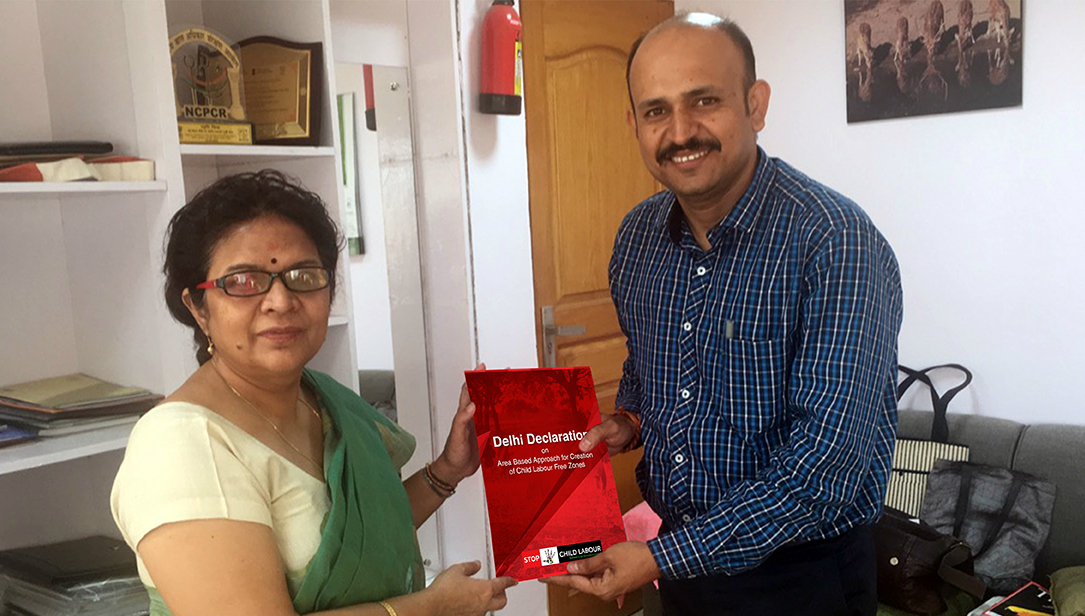
Stop Child Labour presents Delhi Declaration
Last week, Stop Child Labour presented the Delhi Declaration to Ms. Stuti Kacker, the Chairperson of the National Commission for the Protection of Child Rights (NCPCR) constituted by the Government of India. The Delhi Declaration was adopted during the National Conference on “Working towards the creation of Child Labour Free Zones” in August this year. During…
-
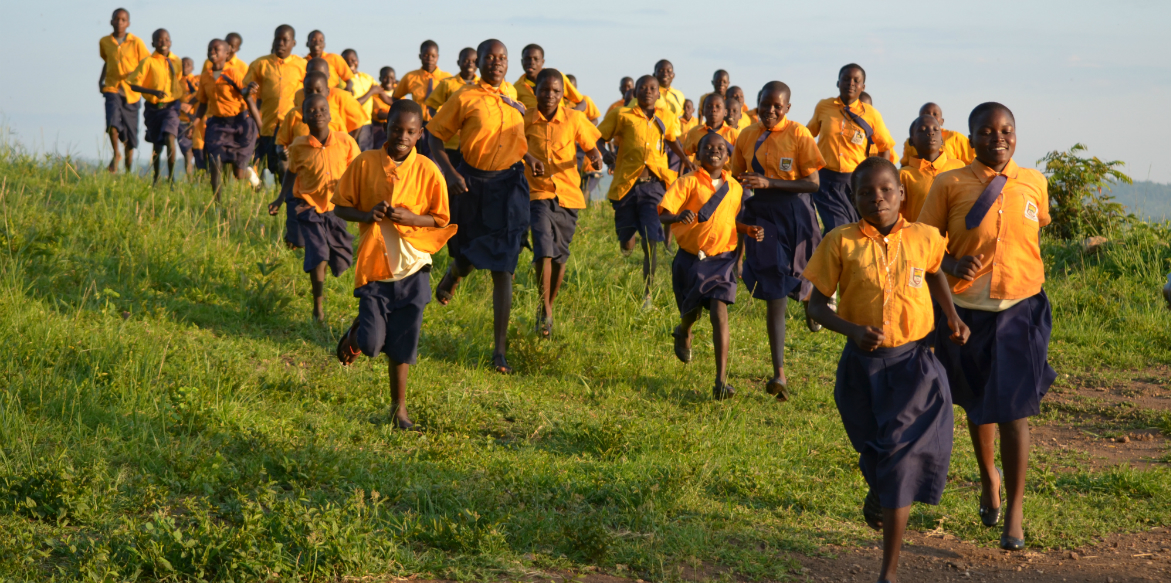
Almost 10,000 children ‘Out of Work and into School’
In May 2014, Stop Child Labour started the ‘Out of Work and into School’ programme, supported by the Ministry of Foreign Affairs of the Netherlands.
-
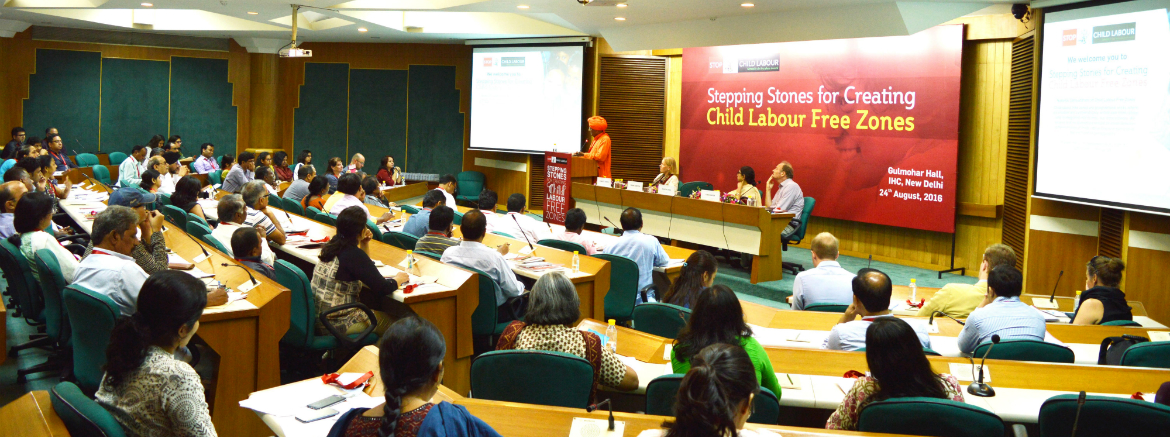
Successful National Consultation on Child Labour Free Zones in India
In August, Stop Child Labour organized the National Consultation ‘Stepping Stones for creating Child Labour Free Zones’ in New Delhi, India.
-
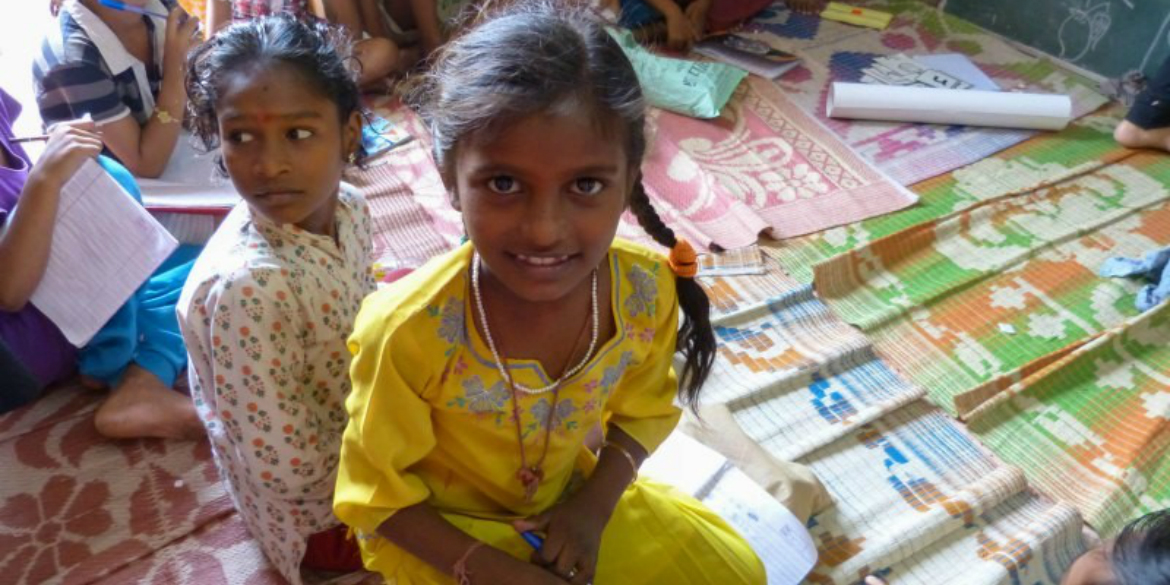
“New Indian Child Labour Bill allows many children to work”
ndia has a new law against child labour. Or more precisely: the old Child Labour Act of 1986 was recently amended. On July 19, 2016, the Indian Upper House (Rajya Sabha) approved the amendments.
-
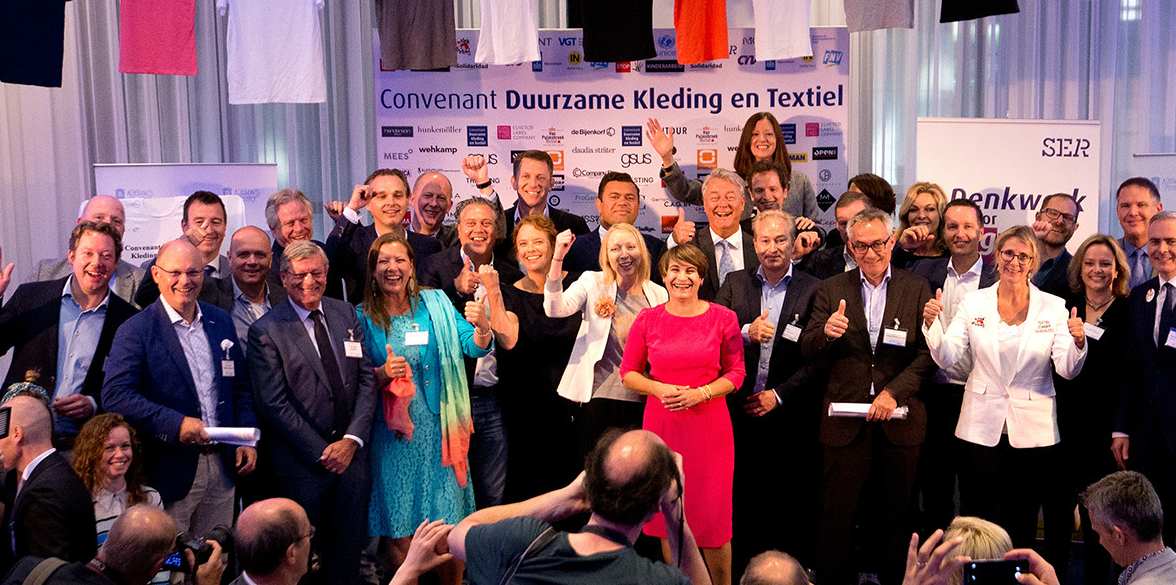
Stop Child Labour signs Sustainable Garment and Textile Sector Covenant
Stop Child Labour signed a Sustainable Garment and Textile Sector Covenant today, together with 55 businesses, their trade organisations, the Dutch government and several other NGOs.
-
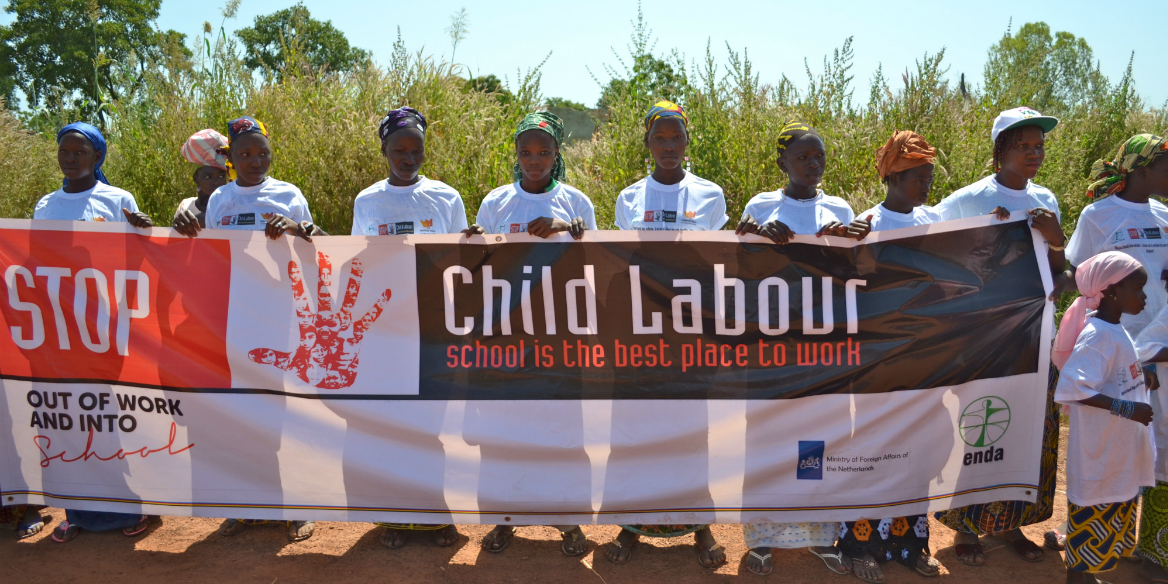
Stop Child Labour welcomes promised EU action against child labour
Stop Child Labour welcomes action promised by EU against child labour The Council of the European Union – all 28 member states together – on the 20th of June published its conclusions on child labour and called for a joint approach to tackle all forms of child labour.
-
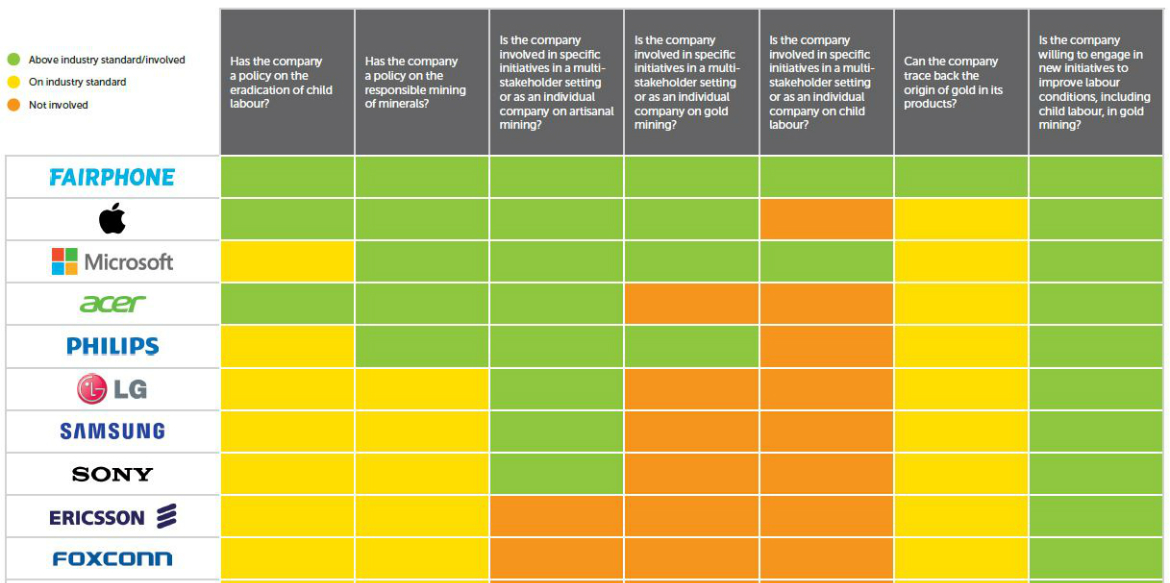
Electronics companies are doing far too little yet to eradicate child labour from gold mining
Electronics companies are not making a big enough effort to combat child labour in gold mining. This is the conclusion of a survey by SOMO commissioned by Stop Child Labour. The electronics industry is the third largest buyer of gold in the world.
-
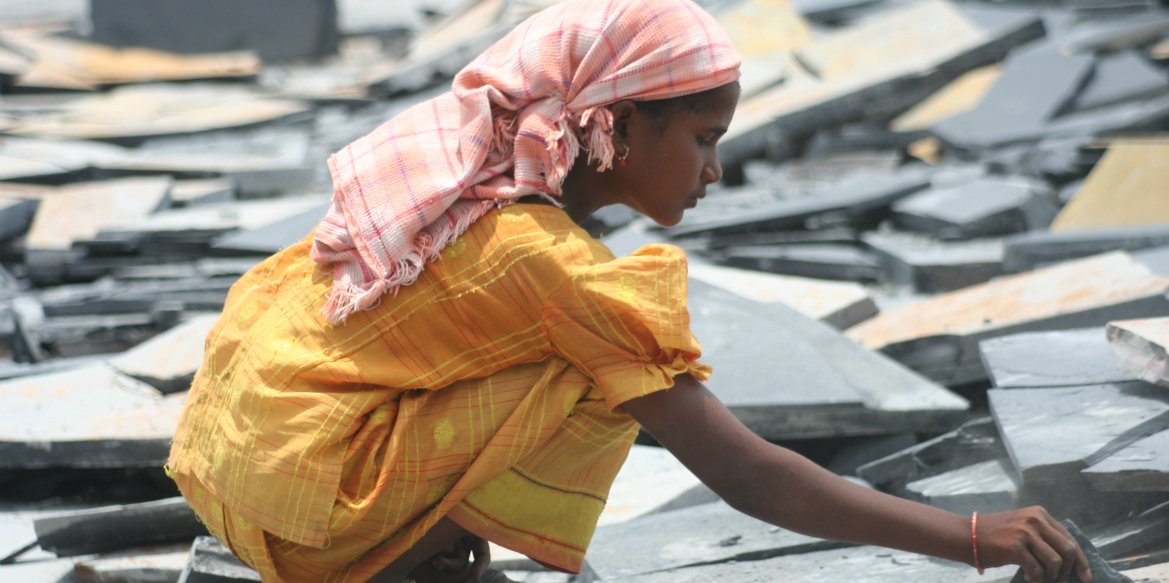
World Day Against Child Labour – focus on supply chains
This year, the focus for the World Day Against Child Labour – 12 June – is on child labour and supply chains. With 168 million children still in child labour, all supply chains, from agriculture to manufacturing, services to construction, run the risk that child labour may be present.
-
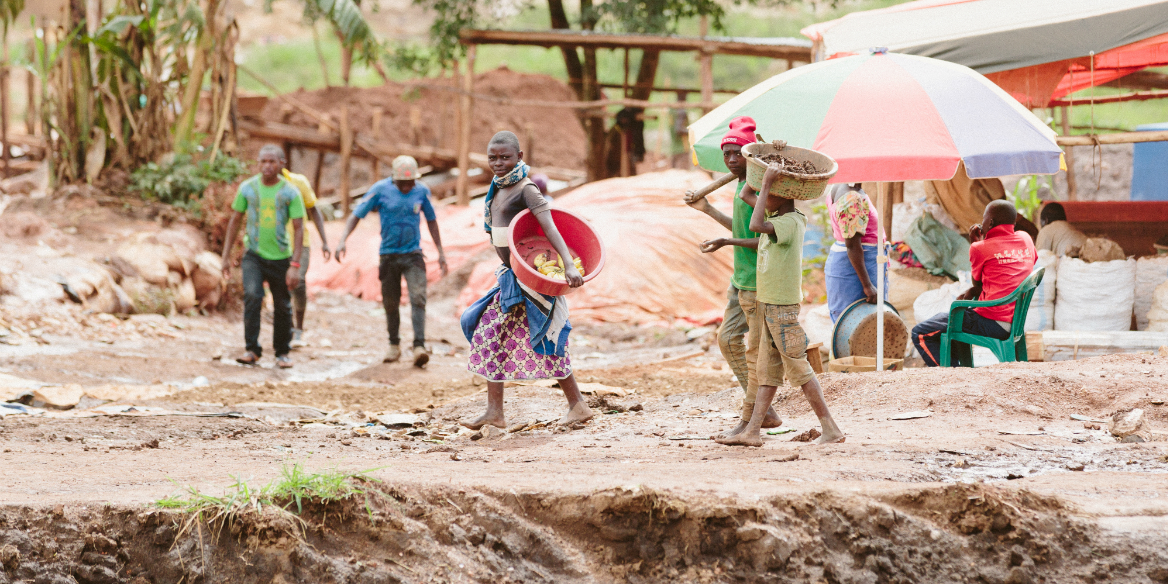
Electronics companies recognise the need for sustainable mining
Stop Child Labour hosted a Round Table meeting about sustainable mining for the electronics sector on 19 April 2016 together with the GoodElectroncis Network, SOMO and Friends of the Earth / Milieudefensie.
-
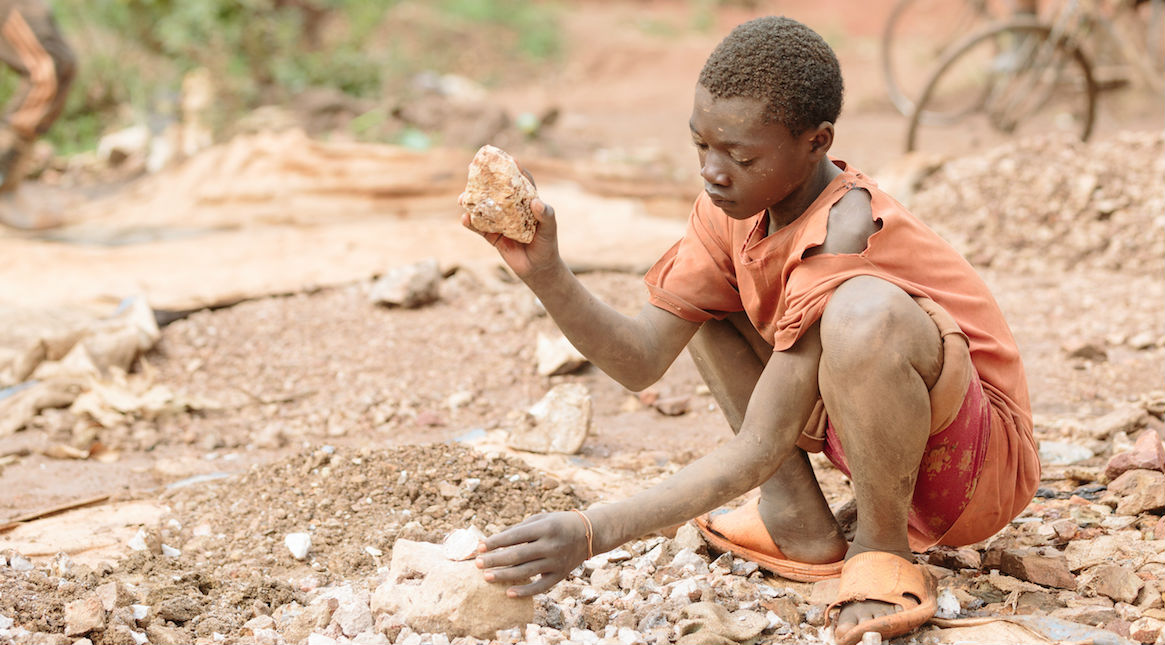
Nearly 15,000 children are working in gold mining in Uganda
Almost 15,000 children are working in small-scale and artisanal gold mining in Uganda, Africa. The majority of these children come into contact with extremely toxic mercury.
-
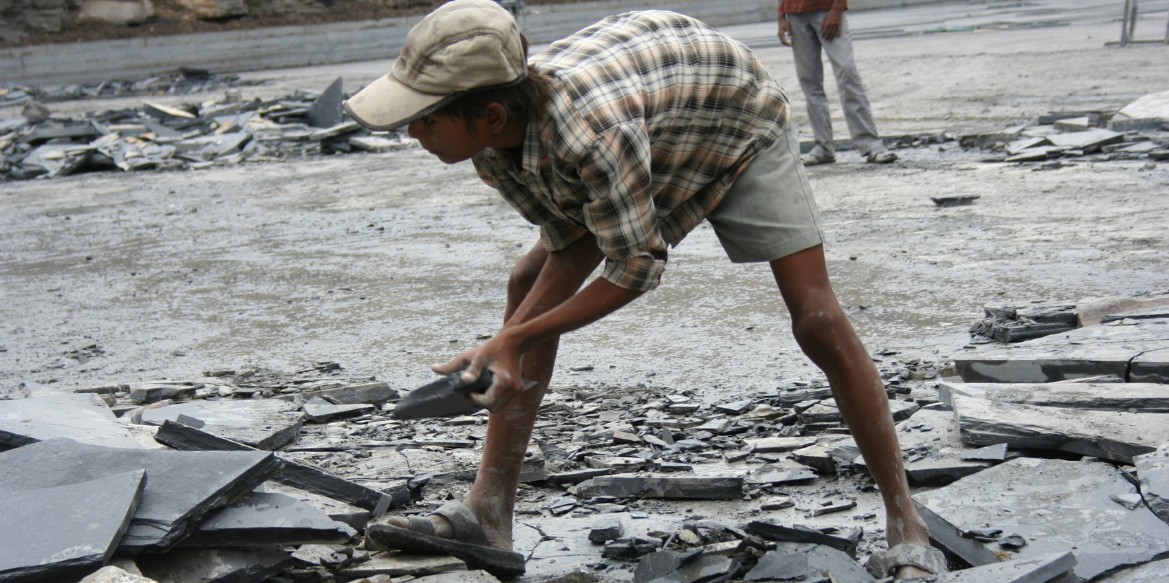
Letter to Dutch Parliament about ‘Decent Work Worldwide’
In a letter to the Dutch Parliament Stop Child Labour makes recommendations to combat child labour and promote decent work. The debate was initiated by two Members of Parliament (MPS) of the Labour Party, member of the present coalition government.
-
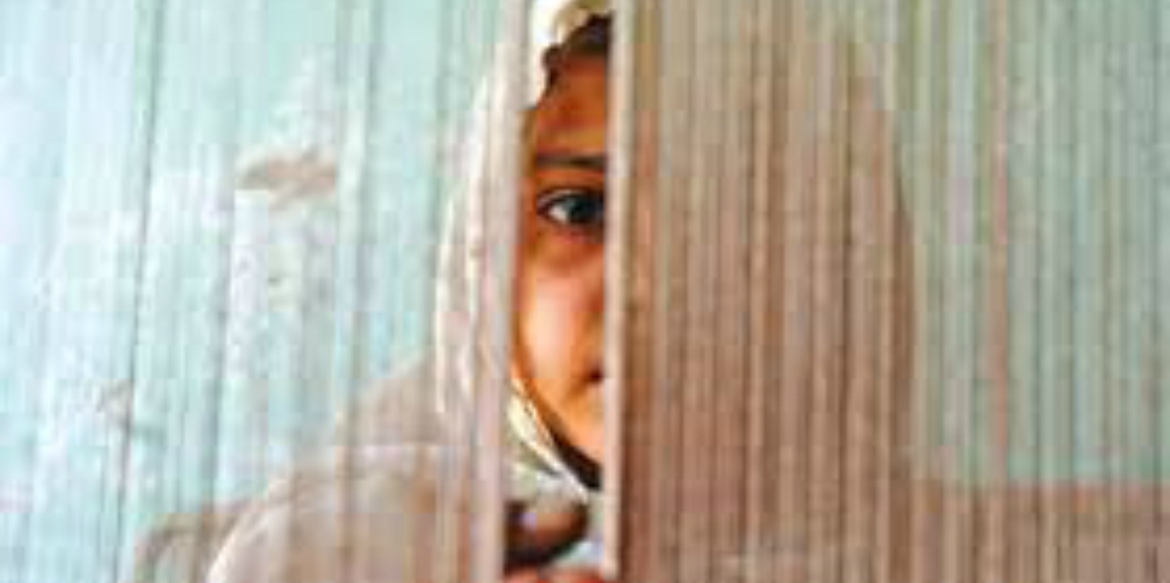
New ILO guidance tool for companies to eliminate child labour in supply chains
The International Labour Organization (ILO) and the International Organisation of Employers (IOE) have launched a new resource to increase companies’ knowledge and ability to conduct business in line with international labour standards on child labour.
-
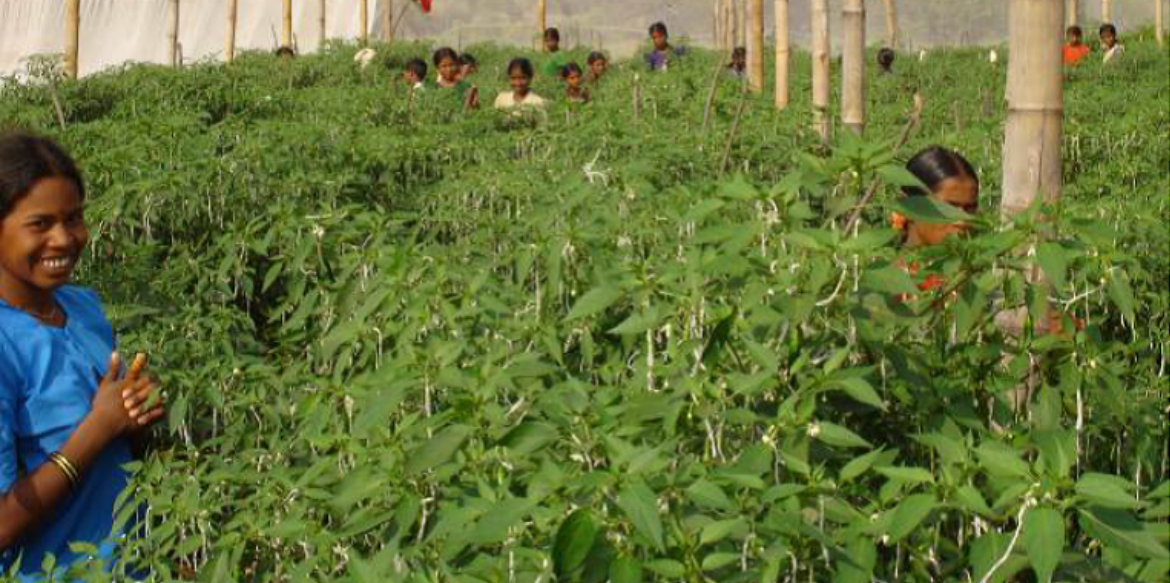
Companies involved in child labour in Indian vegetable seed production
Almost 156,000 Indian children are producing vegetable seeds (tomato, hot pepper, okra), of which 50,000 are below 14 years of age.
-
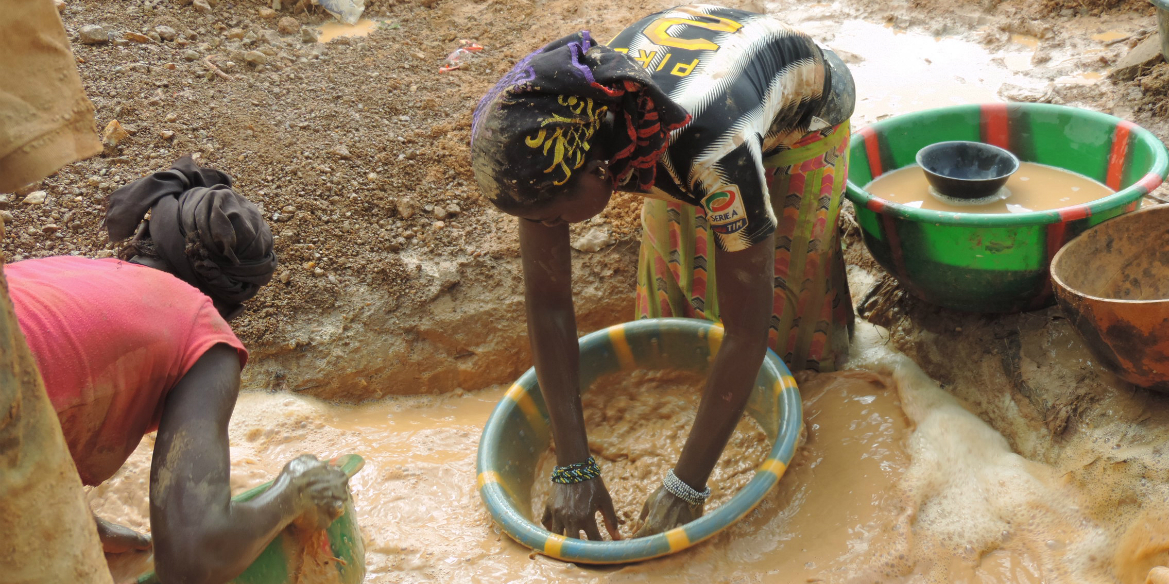
Gold, child labour and electronics
More than 1 million children are working in goldmines around the world. Some of this gold ends up in our mobile phones.
-
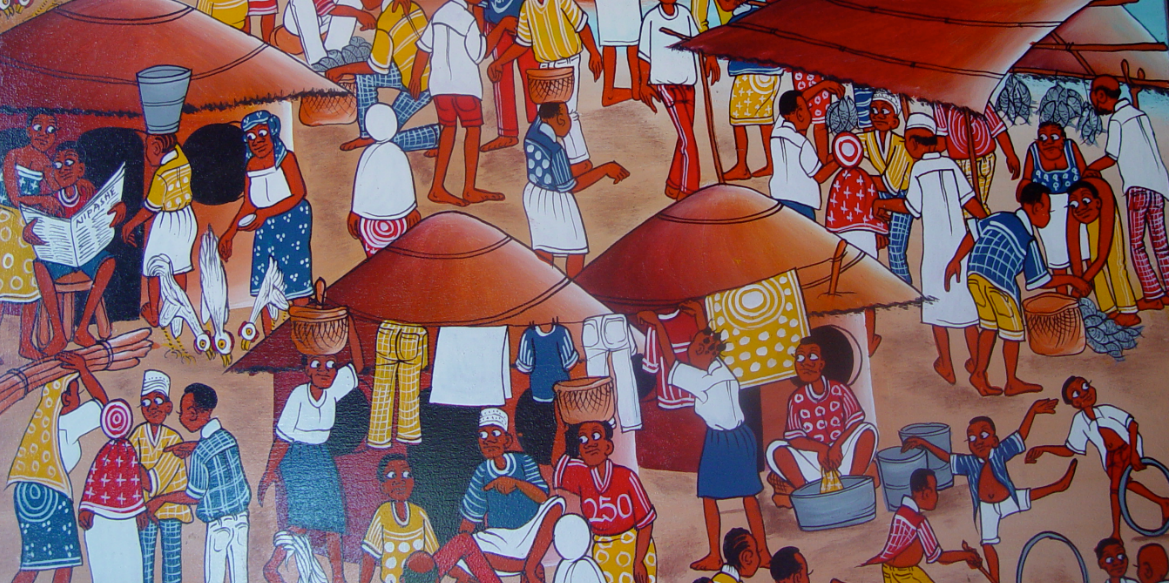
Child Labour Free Zones evaluated
Over the last 3 years, Stop Child Labour partners have been implementing the Omar’s Dream project to strengthen and expand child labour free zones in 9 African countries. Child labour free zones (CLFZ) are geographical areas where all children are systematically being withdrawn from labour and (re)integrated into formal, full-time schools. In Uganda, Kenya, Ethiopia,…
-
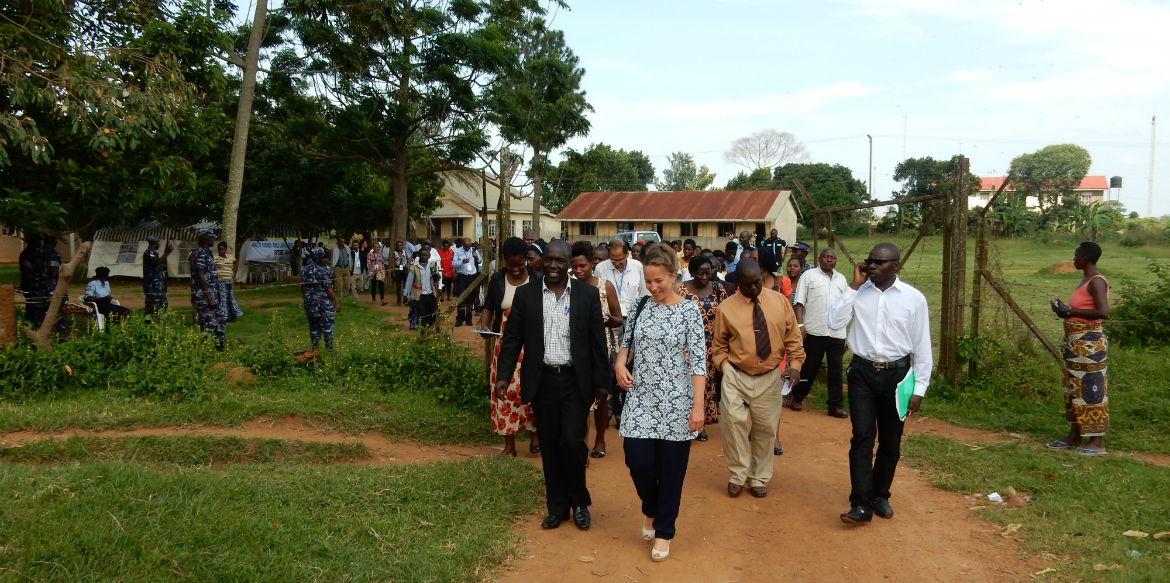
Celebrating Child Labour Free Zones
Over the last three years, in Uganda, Kenya, Ethiopia, Zimbabwe, Ghana and Morocco child labour free zones have been established and in Mali, Senegal and Burkina Faso preparations have been made for the implementation of CLFZ.
-
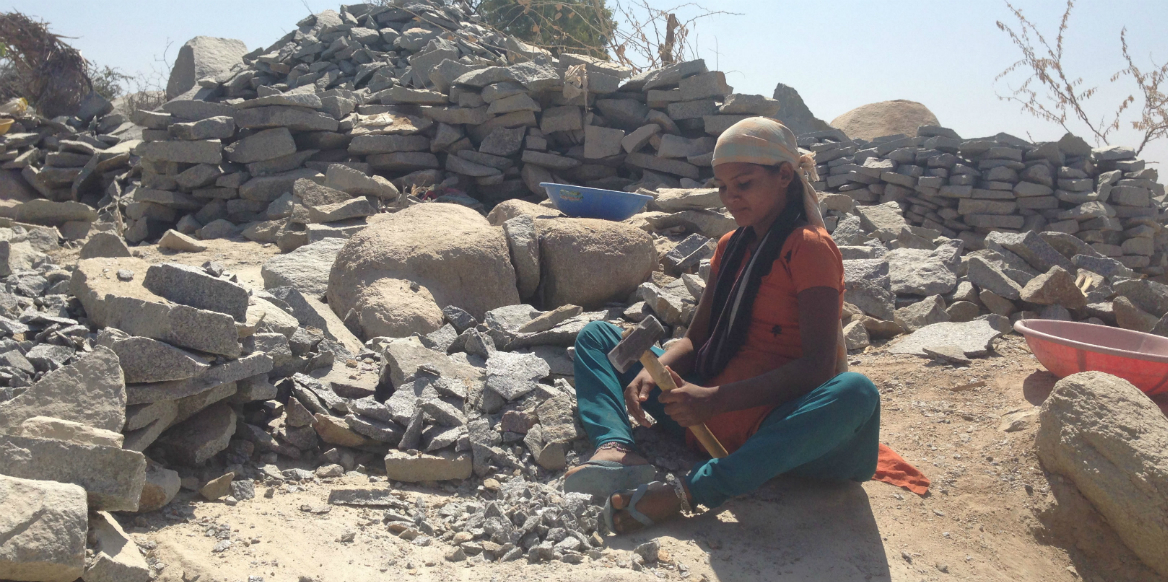
Modern slavery and child labour in Indian quarries
Modern slavery is widespread in Indian quarries. Child labour also occurs frequently. Most Dutch importers of Indian granite give no information from which quarries they are sourcing their granite or say they do not know from which quarries the stone comes from.
-
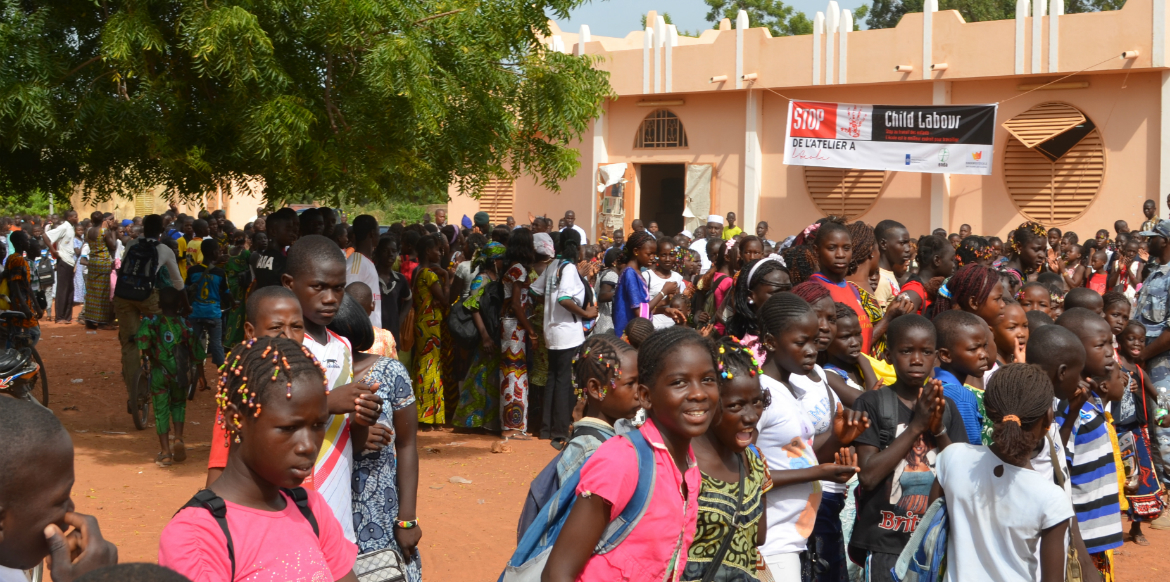
Kick-off new SCL programme – report available now
With this programme, Stop Child Labour aims to strengthen and expand child labour free zones (CLFZ) world-wide, where possible and relevant with active participation of corporate social responsibility (CSR) initiatives and companies.

